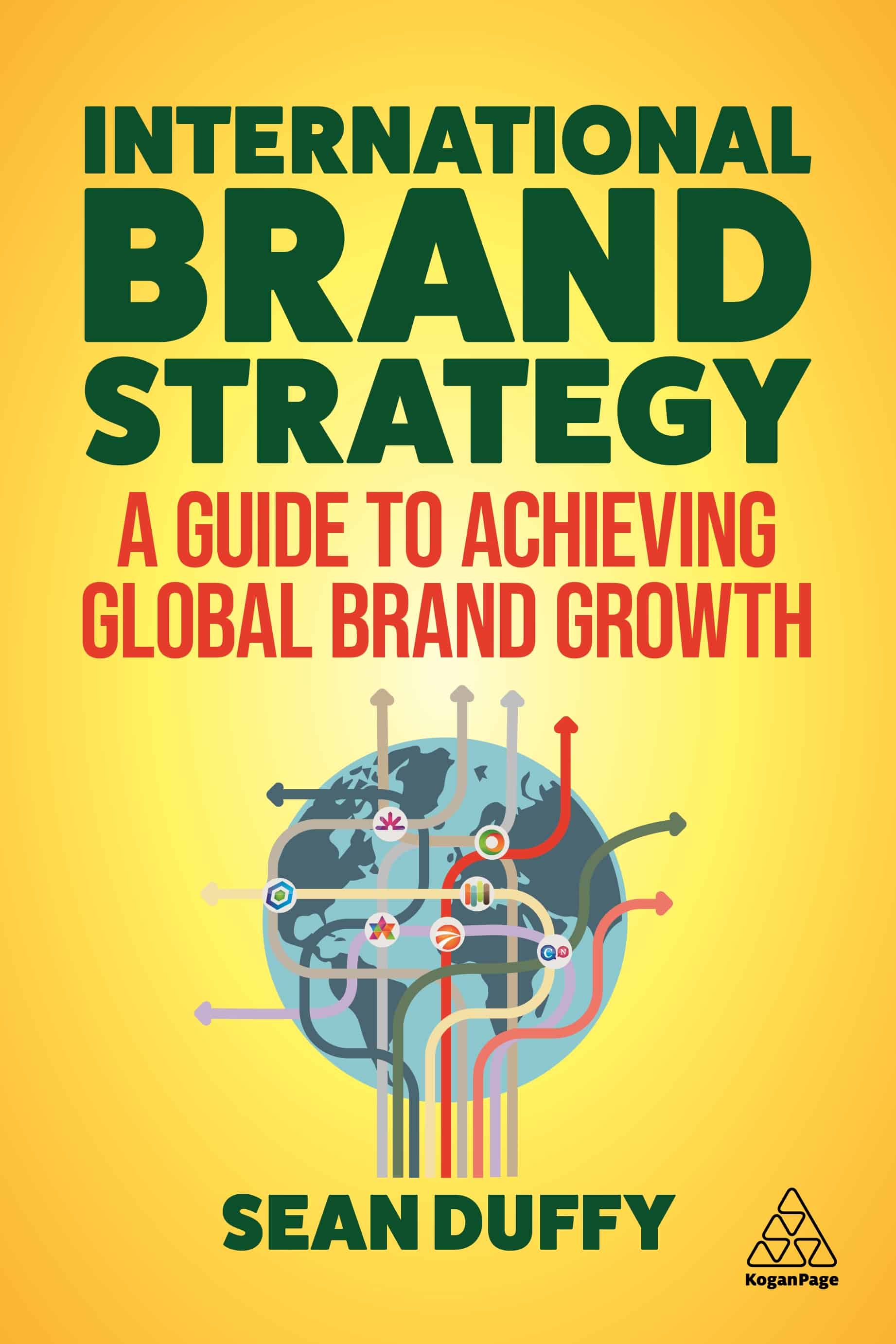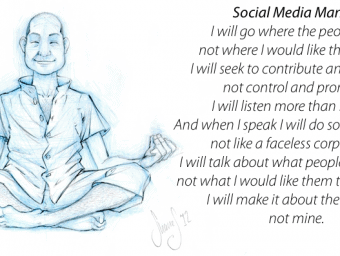Five reasons why global marketers should fear social media
Today the marketing director of a global technology company told me he didn’t want to get involved with social media because “we...
19 Jan 2009 3117 ViewsToday the marketing director of a global technology company told me he didn’t want to get involved with social media because “we don’t want to lose control of the message.” I hear this a lot and I don’t get it.
True, there was a time when the advertiser controlled the message and maybe even perceptions. Those were the days when communication was one-way. The average consumer could disagree with the message, but without an industrial-sized media budget, their views rarely gained a mass audience. So I guess you could call that “control” (in hindsight, “tyranny” seems a more apt descriptor).
But throughout most of North America and Europe, that control was lost over a decade ago when the Internet became as mainstream as Justin Timberlake.
Since the mid to late 90’s, there has been a way for the average person to talk back. Moreover, there have been blogs, forums and communities where they could share and amplify their views. Some previously unknown individuals have even used social media to achieve online followings that rival traditional media.
This power of the people continues to grow with the advent of more social media platforms and participants. In the US, for instance, recent reports have said that 70% of online Americans use social media regularly. And guess what? One third of their time on blogs, communities and social networks is dedicated to researching products before buying.
So, I would argue that marketers are fretting over losing something that was taken from them years ago. And that being the case, they should be afraid. Because their misplaced fear of losing control is blinding them to threats that are much more worthy of their anxiety. Five come to mind right away:
1. Genuine control. The conversation will happen with or without your participation, and it can have greater reach and impact than you might imagine. If you are not part of it, then you really have no control of the communication around your brand. Engage the conversation honestly, and you stand a good chance of creating some good will. In any event, at least you’ll know what the problem is.
2. Learning curve. The longer you wait to join the conversation, the harder it will be to catch up when you do decide. Get in early (yes, it’s still early days) and start honing your social media skills now. This is particularly true for brands that are positioned as leaders and/or innovators in their category.
3. Competition. Your non-engagement strategy provides a huge opportunity to your competitors. As you stand on the sidelines of social media, you had better hope all your competitors do the same. Because if they join the conversation in your absence, they will be the ones that help shape the world’s perception of your brand. Talk about losing control of your message!
4. Today’s customer. Using the US as an example, 93% of online Americans say companies should have a social-media presence, and 85% believe these companies should also be interacting with them through social media. Where are these views held most strongly? Among 20-35 year olds and anyone earning over $75,000 a year — traditionally two of the toughest (most expensive) groups to reach.
5. Tomorrow’s customer. Some marketing executives marginalize social media, claiming it is really a youth phenomenon. That is true. But it was true ten years ago. Many of those youths are now adults. Millions more young people are crossing the line into adulthood every day and they are bringing their online habits with them.
(This is a post of an article I wrote that was recently published in Dagens Media)
Like this post? You'll find more marketing insights in my new book: International Brand Strategy: A guide to achieving global brand growth, now available from booksellers globally. Order your copy here.
Speaker, consultant & founder of Duffy Agency, the flipped digital agency that provides accelerated growth to aspiring international brands.






8 replies
Excellent post. I think you might like this video blog by Gary Vaynerchuk: http://www.viddler.com/explore/garyvaynerchuk/videos/58/
Right on! Great line: …”claiming it is really a youth phenomenon. That is true. But it was true ten years ago.”
Nice blog entry, but I’ll never concede that Justin Timberlake is mainstream …
Marcus, Thanks for the Vaynerchuk link. I thought he only did wine shows. He makes excellent points especially about the fact that the new brand building required genuine passion for the brand and many of todays biggest brands lost that passion years ago. So plenty of opportunity for new brands. – Sean
Will,Thanks. Yes those 18 year-old internet geeks from the 90’s are now pushing 30 and moving into middle management. Marketing managers who resist social media may find themselvs working for one of these kids soon! – Sean
Kevin,Thanks. I have a video you might enjoy: http://se.youtube.com/watch?v=9C6-ntCEPsM
Really though, its time to move on. – Sean
Great post. Just for my own curiosity, where can I see the reports that reference those statistics?
Hi Kate,Thanks for the comment. Apologies for not citing my sources. The stats come from a study done by Cone “The 2008 Cone Business in Social Media Study” released on September 25th 2008. You can see the full study here http://www.coneinc.com/content1182. Since the study is now 17 months old, there are probably fresher stats out there. I checked Cone’s site but they have not updated the study. – Sean